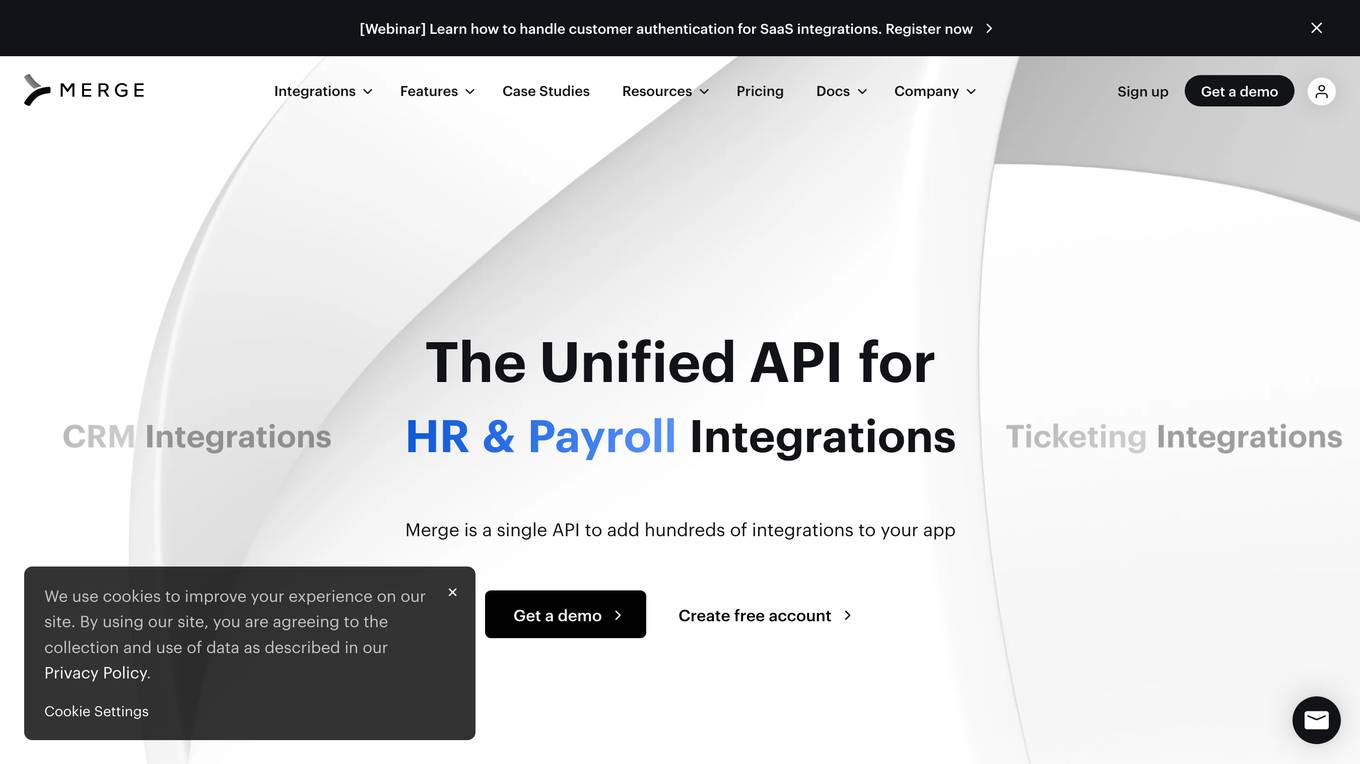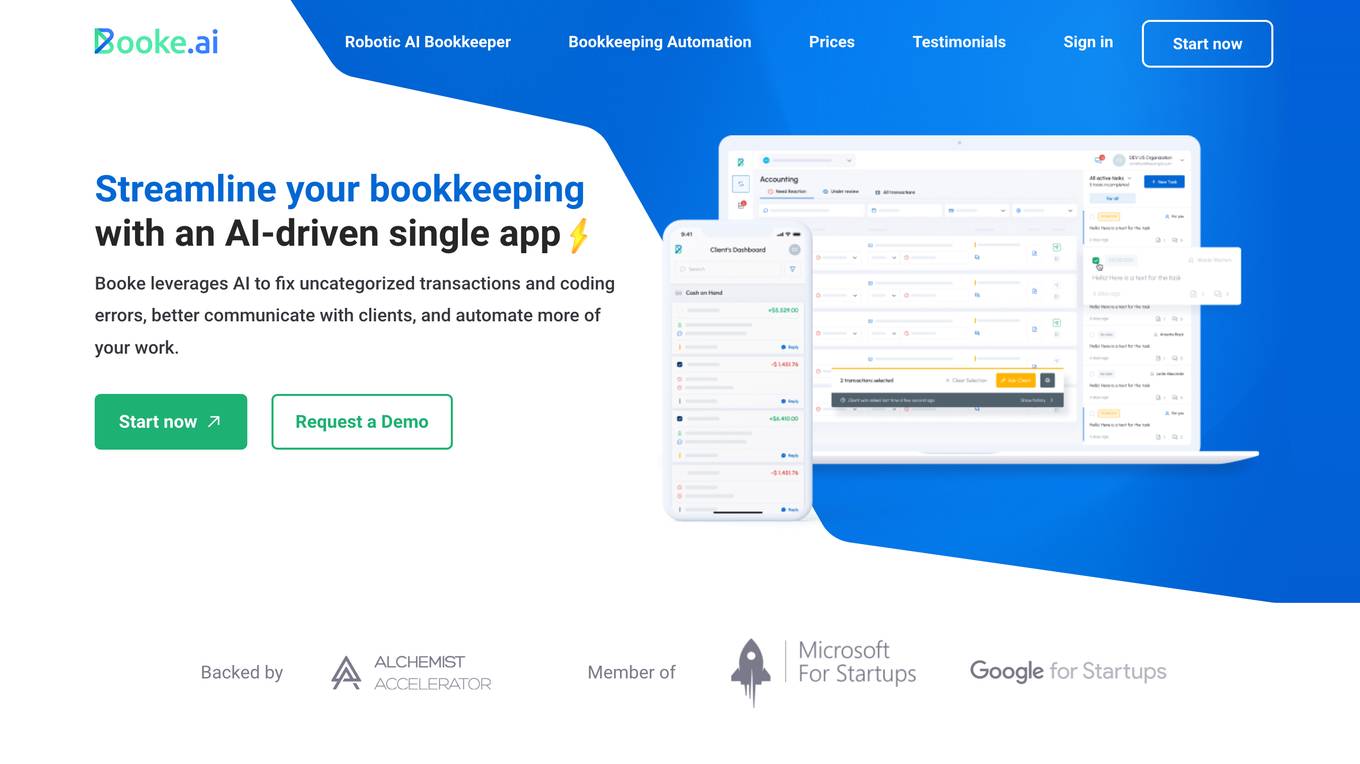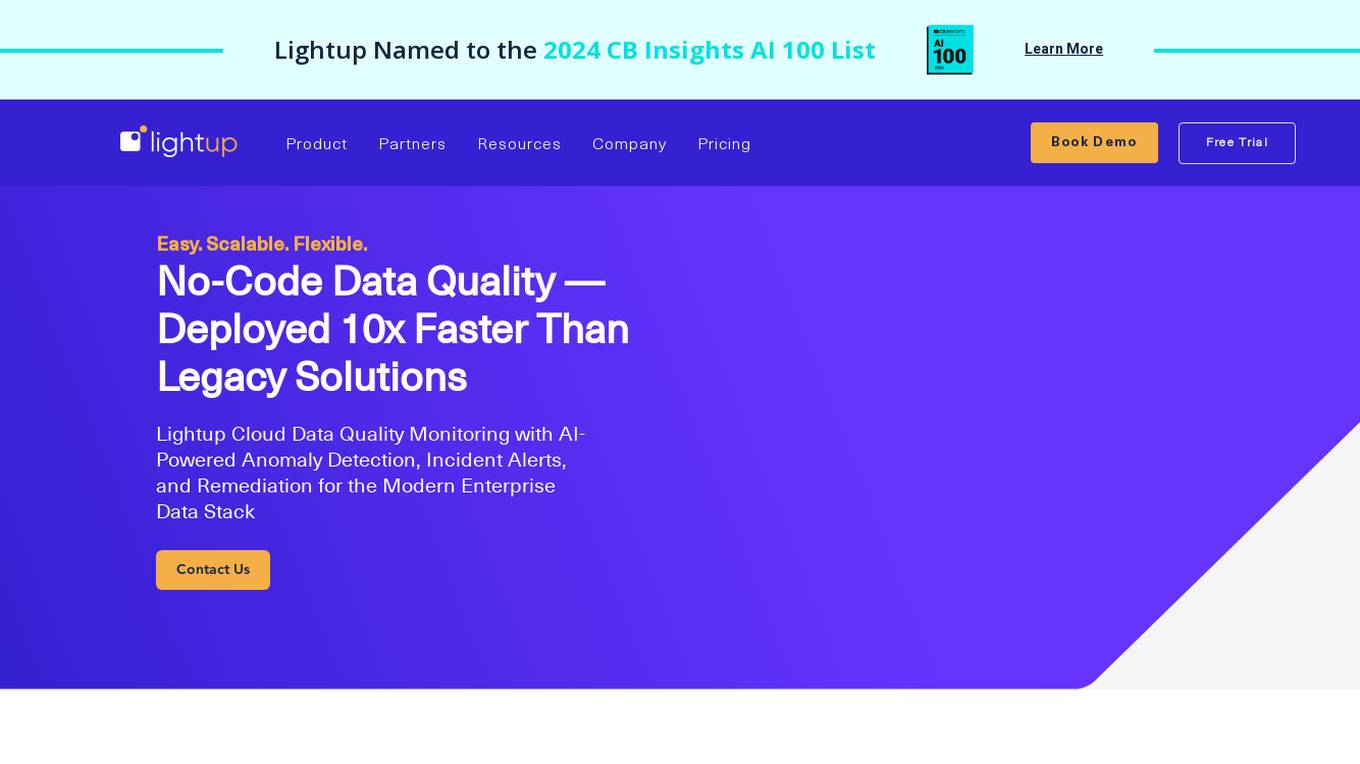Best AI tools for< Reconcile Credit Cards >
7 - AI tool Sites

Fyle
Fyle is an intelligent expense management software that automates expense reporting, credit card reconciliation, and employee reimbursements. It integrates with accounting software and offers features like text message receipt tracking, mobile app, and AI-powered data extraction.

Chargezoom
Chargezoom is an AI-powered accounts receivable (AR) solution that helps businesses get paid faster. It automates many of the tasks associated with AR, such as invoicing, payment reminders, and reconciliation. Chargezoom also provides businesses with insights into their AR performance, so they can make better decisions about how to manage their cash flow. Chargezoom is a cloud-based solution that is easy to use and integrates with a variety of accounting software programs.

Reconcile
Reconcile is a finance app designed specifically for multipreneurs, individuals with multiple businesses or income streams. It automates bookkeeping, connects users with tax professionals, and provides financial insights to help users focus on growth. Reconcile's AI assistant tracks expenses, maximizes write-offs, and provides personalized recommendations to help users make more profitable decisions.

Merge
Merge is a unified API platform that offers integrations for various functions such as HR, Payroll, Accounting, Ticketing, CRM, and File Storage. It provides a wide range of features including auto-provisioning, candidate sourcing, project analysis, financial analysis, and more. Merge helps businesses streamline their operations, improve efficiency, and accelerate revenue growth through seamless integrations. The platform is designed to enhance customer data utilization and power AI products with real-time data from multiple sources.

Booke AI
Booke AI is an AI-driven bookkeeping software that automates tasks, reduces errors, and improves communication. It uses AI to categorize transactions, extract data from invoices and receipts, and provide expert reconciliation assistance. Booke AI integrates with Xero, QuickBooks, and Zoho Books, and offers a user-friendly client portal for seamless collaboration. With Booke AI, businesses can save time, reduce stress, and improve the accuracy of their bookkeeping.

Lightup
Lightup is a cloud data quality monitoring tool with AI-powered anomaly detection, incident alerts, and data remediation capabilities for modern enterprise data stacks. It specializes in helping large organizations implement successful and sustainable data quality programs quickly and easily. Lightup's pushdown architecture allows for monitoring data content at massive scale without moving or copying data, providing extreme scalability and optimal automation. The tool empowers business users with democratized data quality checks and enables automatic fixing of bad data at enterprise scale.

Vent AI
Vent AI is a smart financial assistant application designed to automate income and expense tracking, as well as reconcile transactions for businesses. It simplifies the process of managing business finances, allowing users to focus on business growth. With features like automated logging of income and expenses, clear financial reports, and the ability to forward receipts for processing, Vent AI aims to streamline financial management for small businesses and entrepreneurs.